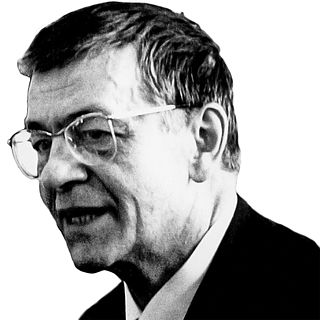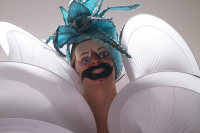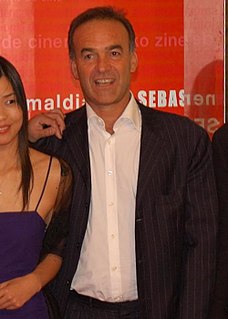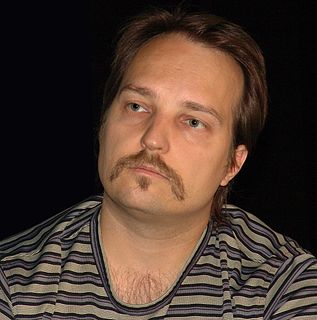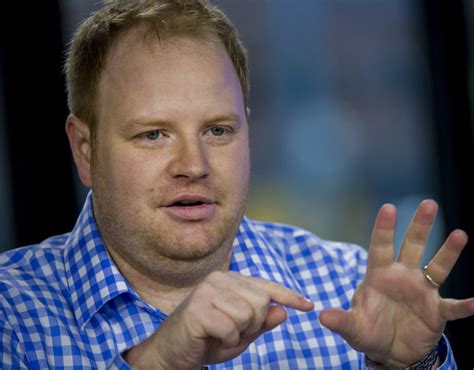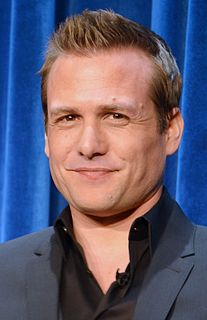A Quote by Travis Knight
We had so many firsts on 'Coraline' that I couldn't quite see where we'd go from there, but for 'ParaNorman' we developed this 'skewed naturalism' that marries a lot of intricate detail with a more cinematic approach, then just built on all that and pushed those techniques even further, so we can tell our stories that much more effectively.
Related Quotes
I think the fans, if you want to actually learn about us, I think you have to go way more intricate than just what you see on TV, because that's whatever they want to report. But it's just so much going on, and when you talk about being in our world you have to understand we're individuals too. We're not just athletes. No, we're fathers, we're sons. So when you put us through a job shortage you take away everything that we built.
Don't be deceived when our Revolution has been finally stamped out and they tell you things are better now Even if there's no poverty to be seen because the poverty's been hidden even if you ever got more wages and could afford to buy more of these new and useless goods which these new industries foist on you and even if it seems to you that you never had so much that is only the slogan of those who still have much more than you
The healing that can grow out of the simple act of telling our stories is often quite remarkable. Even more remarkably, this healing is not just our own healing, it is the healing of all women. That's why, as we tell our stories to ourselves, it is also important to share them with others. This sharing brings a sense of kinship, of sisterhood. We understand that we are not alone in our efforts to become conscious, whole, healthy persons.
You know so many documentaries now are very carefully scripted before you start, and then people are sort of put in chairs which are beautifully lit, and they tell their stories and you do that with another 10 people and you then construct a story from what they say. You do a sort of paper thing, and then you put some images in-between, and that's your film. And that's so not what I think is a good documentary. It can be so much more than that, it should be much more of an adventure and much more uncertain... like real things are.
You go back to the Baldur's Gate days, we literally had 32-pixel characters strutting across the screen, and we'd have a couple lines of voice and a lot of text. On one hand, it's a reflection of the evolution of the technology. On the other hand, though, I think it's a reflection of our aspirations. We've always felt that the medium can get more and more cinematic, and I think when it follows the convention of Mass Effect 2 film, it grows more and more compelling. There's a hundred years of knowledge and learning in that space that we can then apply.
I say we have not even had the decency to maintain the assets that our parents and grandparents built for us - our roads, our bridges, our wastewater systems, our sewer systems; by the way, those weren't Bolsheviks, those weren't socialists that built those things for us - much less build the infrastructure we need for the 21st century.
So much of our politics is stuck in patterns of response that aren't working. When student performance is declining in schools, we implement more controls, more testing, more "accountability," more rigor. We apply even more of those things, from security systems to control of students' behavior through pharmaceutical drugs. That's a situation in which doing is only making things worse. You may have to go through a phase of de-programming, letting go of old habits, coming to stillness, before you can even see what the pattern of action was, and what alternatives there might be.





